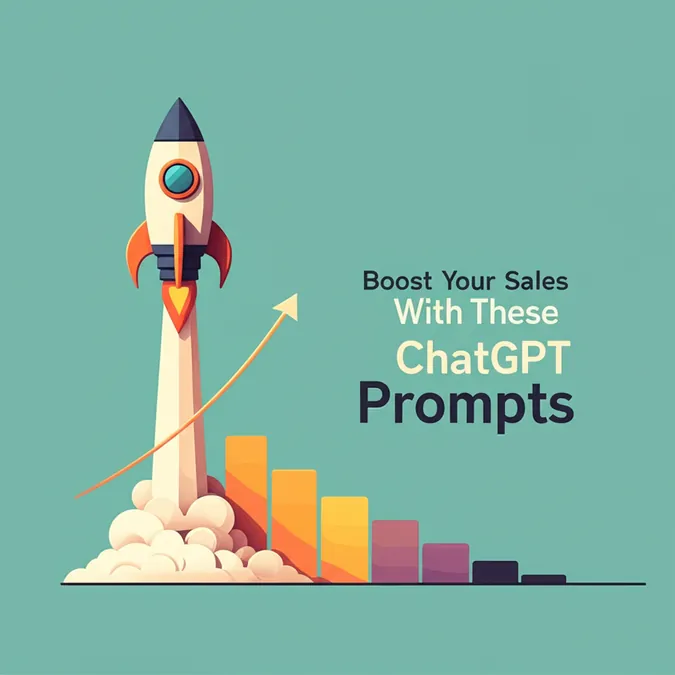ChatGPTs Limitations Eleven Tasks To Avoid
ChatGPT is a remarkably versatile tool that can assist with countless tasks, from drafting budgets and planning meals to simplifying writing and coding. However, its capabilities have clear boundaries, and over-relying on it can create more problems than it solves.
The AI is known to 'hallucinate,' meaning it can generate false information and state it as fact. Furthermore, its knowledge base isn't always current, which can be problematic for topics involving recent events or rapidly evolving information.
The risks increase significantly when dealing with sensitive subjects like personal finance, medical advice, or legal matters. If you're unsure where to draw the line, here are 11 scenarios where you should seek an alternative to ChatGPT.

1. Diagnosing Physical Health Issues
While it might be tempting to input your symptoms into ChatGPT out of curiosity, the results can be terrifyingly inaccurate. For example, a simple lump on the chest might be identified as potential cancer by the AI, whereas a licensed doctor could correctly diagnose it as a common, non-cancerous lipoma. AI can be useful for organizing a symptom timeline or drafting questions for your doctor, but it cannot perform physical examinations, order lab tests, or provide a reliable diagnosis. For medical advice, always trust a healthcare professional.
2. Managing Your Mental Health
ChatGPT can suggest grounding techniques, but it cannot replace a licensed therapist. It lacks lived experience, cannot interpret body language or tone, and has no capacity for genuine empathy—it can only simulate it. A human therapist is bound by professional codes and legal mandates designed to protect you. The AI's advice can miss crucial red flags or reinforce harmful biases from its training data. For deep, meaningful therapeutic work, rely on a trained human professional. If you are in crisis, please contact the 988 lifeline in the US or your local emergency service.
3. Making Urgent Safety Decisions
In an emergency, time is critical. If a carbon-monoxide alarm goes off, your first instinct should be to get to safety and call for help, not to ask ChatGPT if the danger is real. AI cannot detect smoke, smell a gas leak, or dispatch emergency services. Every second spent typing a prompt is a second lost. Use ChatGPT for post-incident research, not as a first responder.
4. Getting Personalized Financial or Tax Advice
ChatGPT can define financial terms, but it knows nothing about your personal financial situation—your income, debts, tax bracket, or retirement goals. Its training data may not include the latest tax laws or economic changes, making its advice potentially outdated and costly. Submitting your financial details also poses a significant privacy risk, as that data could be stored or used for future training. For matters involving your money and potential IRS penalties, consult a certified professional.
5. Handling Confidential or Regulated Data
Never input sensitive information into ChatGPT. This includes anything from embargoed press releases and client contracts to medical records and personal identification like your Social Security number. Once that data is entered into the prompt, you lose control over where it's stored, who can see it, and how it might be used. If you wouldn't post the information in a public forum, do not paste it into an AI chatbot.
6. Doing Anything Illegal
This should be self-evident. Do not use AI chatbots for illegal activities.
7. Cheating on Schoolwork
Using ChatGPT to write your assignments is a risky proposition. Plagiarism detectors like Turnitin are becoming increasingly effective at identifying AI-generated text, and educators are growing adept at spotting its distinct writing style. The consequences, which can include suspension or expulsion, are not worth the risk. More importantly, you cheat yourself out of the opportunity to learn. Use ChatGPT as a study aid for brainstorming or clarification, not as a ghostwriter.
8. Monitoring Breaking News and Information
While some versions of ChatGPT can browse the web for recent information, they do not provide a continuous, live feed of events. Each update requires a new prompt. For fast-moving situations where speed is essential, rely on live data feeds, official news websites, and streaming coverage.
9. Gambling
While it's possible to get lucky using AI-generated predictions, it's a terrible strategy. ChatGPT can hallucinate incorrect player stats, injury reports, and records. Any win would likely come from sheer luck and thorough double-checking against reliable, real-time sources. The AI cannot predict the future, so don't bet your money on its guesses.
10. Drafting Wills or Other Legal Contracts
ChatGPT can explain legal concepts, but you should never ask it to draft a legally binding document. Laws regarding estates, contracts, and family matters vary significantly by state and even by county. A small error, like a missing signature clause or incorrect wording, could render the entire document invalid in court. Use the AI to prepare a list of questions for your lawyer, then hire that professional to create an enforceable document.
11. Creating and Claiming Art as Your Own
This is a subjective point, but using AI to generate art and passing it off as your own is ethically questionable. While AI can be a powerful tool for brainstorming and supplementing the creative process, it shouldn't be a substitute for human creativity and effort. Using it to generate final pieces undermines the work of human artists.


